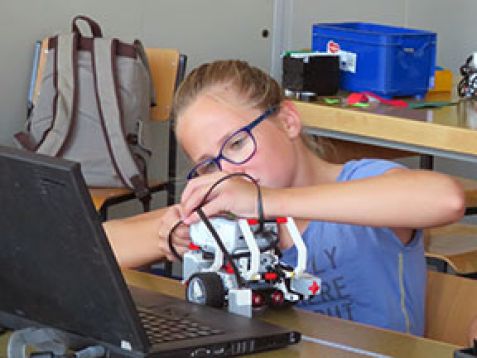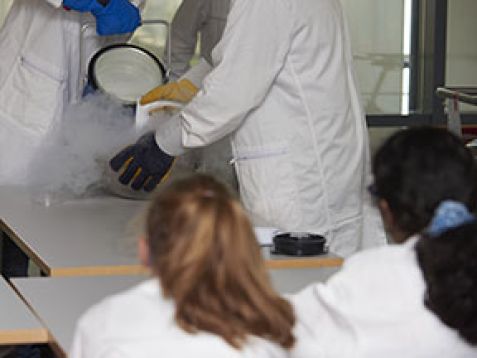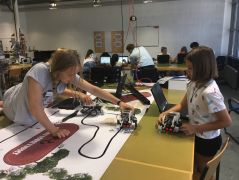MLZ is a cooperation between:
 > Technische Universität München
> Technische Universität München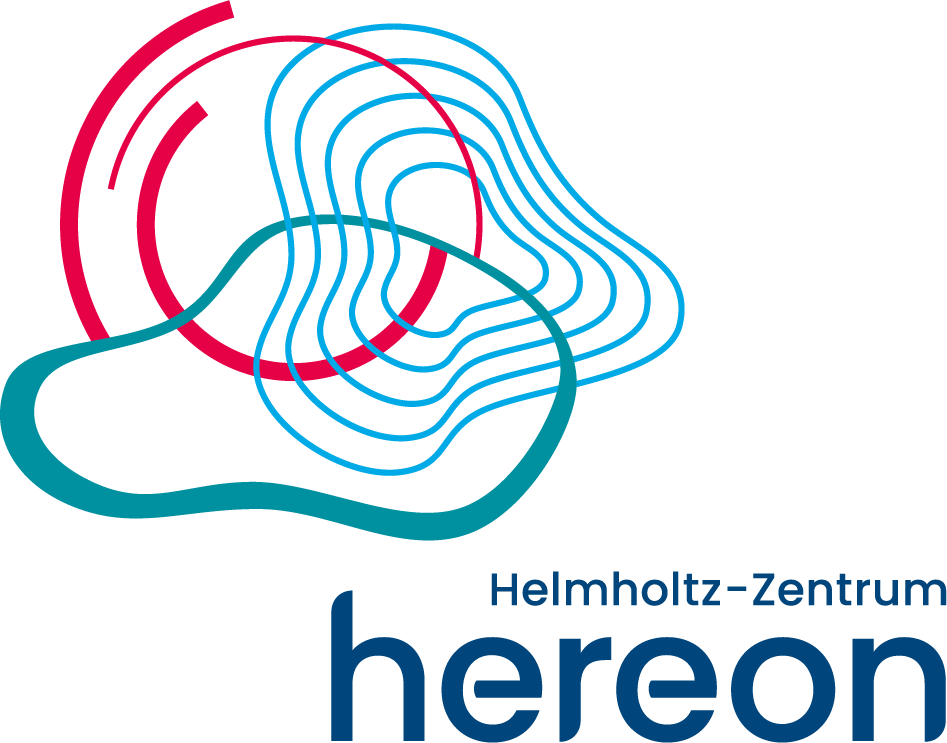 > Helmholtz-Zentrum Hereon
> Helmholtz-Zentrum Hereon
 > Forschungszentrum Jülich
> Forschungszentrum Jülich
MLZ is a member of:
 > LENS
> LENS > ERF-AISBL
> ERF-AISBL
MLZ on social media:

MLZ (eng)
Lichtenbergstr.1
85748 Garching
11.09.2019
Work, tinker, marvel: women’s power at the TUM
This year, the Technical University of Munich (TUM) once again organised the summer holiday event Mädchen machen Technik (Girls make technology) for girls at Bavarian schools. During this event, the Heinz Maier-Leibnitz Zentrum (MLZ), the Physics Department of the TUM and the Gerda Stetter Foundation set up the three-day program “Physics and Technology Made Easy”, which is especially aimed at girls between 11 and 13 years of age. From 26 to 28 August, twelve girls enjoyed three days of fun, light, and new exciting insights.
On the first two mornings of the TUM holiday programme, the twelve schoolgirls gained a deeper insight into the field of optics. Together with Dr. Andreas Hauptner from the Department of Physics, the girls sanded their own prisms from Plexiglas, made a hand spectroscope, and learned how light behaves in many small informative experiments.
The Gerda Stetter Foundation has been inspiring children and adolescents to get into technology for a good eight years now. This was also the case on the first two afternoons of the TUM holiday programme, during which the girls were able to demonstrate their engineering skills and programming knowledge. With a lot of motivation, energy and zest for action, the children started to build little robots out of LEGO. In addition, the LEGO robots were to be equipped with a motor and colour sensor so that they could now be programmed to drive on a course. The teams worked eagerly and enthusiastically until each robot mastered the obstacle course. “It’s really nice to see so many children taking an interest in technology so early on,” affirms Judith Brenner, supervisor from the Gerda Stetter Foundation.
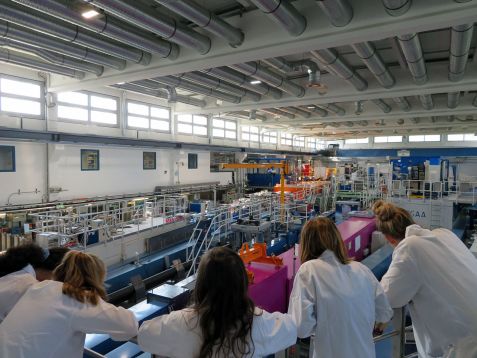
The guided tour through the Research Neutron Source amazes the girls and rises many questions. © Luisa Heyer (FRM II/TUM)
On the third and last day, it was finally the turn of the neutrons. In a short lecture by Dr. Johanna Jochum (instrument scientist at the neutron measuring instrument RESEDA), the girls learned everything worth knowing about the research neutron source, its scientists and their projects. The girls were then able to use magnets to build an atomic model of their favourite element and use a measuring device to detect the radioactivity of everyday objects and food such as artificial fertiliser, old watch dials, potash and banana chips. Equipped with lab coats and protective goggles, they then set off on the reactor tour. Blue light in the reactor pool, flashing buttons in the control room, and the huge neutron guide hall caused amazed glances and rose a lot of interested questions.
After the reactor tour the chemical-technical assistant, Tabea Bartelt from Forschungszentrum Jülich, showed the girls the biology and chemistry laboratory of the MLZ. The pupils were able to look at crystals under the microscope, measure the pH value of different solutions and ask the chemical laboratory assistant a lot of questions about their training.
As we all know, however, the best comes at the end. At the end of the three project days, the girls were expecting some really “cool” live experiments with liquid nitrogen. Tobias Neuwirth and his team playfully demonstrated with flummis, balloons and rubber snakes how the properties of elements and materials change as soon as they are cooled down to -196 degrees Celsius. Finally, the scientists made tasty banana ice cream for the girls, who crowned the sweet surprise the highlight of the holiday program.








MLZ is a cooperation between:
 > Technische Universität München
> Technische Universität München > Helmholtz-Zentrum Hereon
> Helmholtz-Zentrum Hereon
 > Forschungszentrum Jülich
> Forschungszentrum Jülich
MLZ is a member of:
 > LENS
> LENS > ERF-AISBL
> ERF-AISBL
MLZ on social media:



